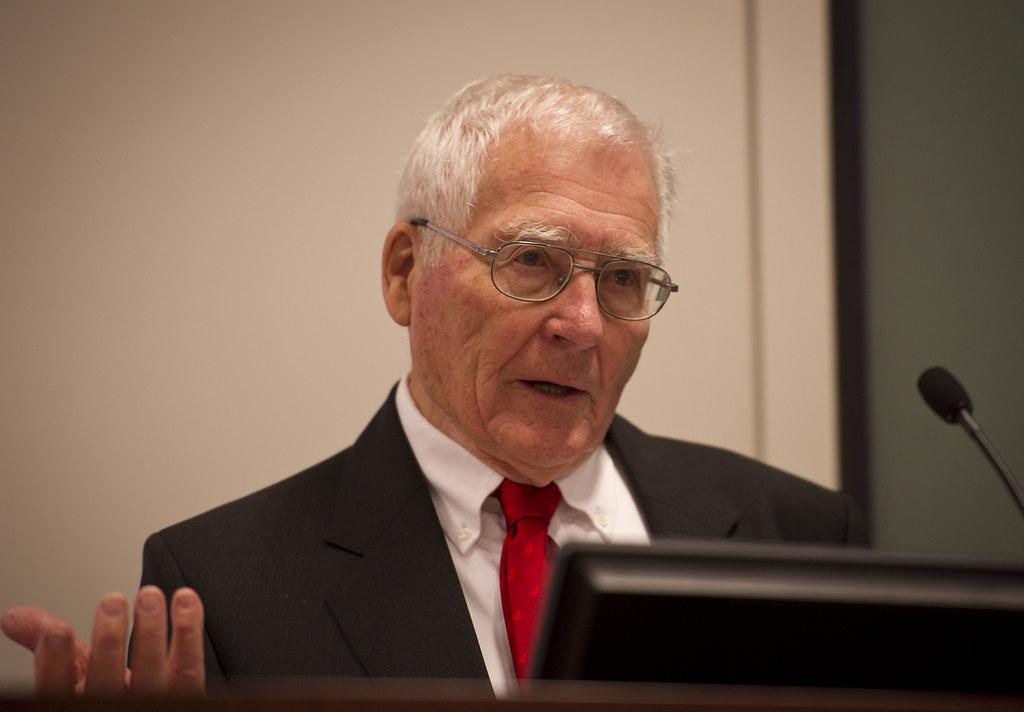In the vast tapestry of scientific minds that have shaped our understanding of the world, one name shines brightly – James Lovelock. Widely known for his groundbreaking Gaia hypothesis that revolutionized ecological thinking, Lovelock’s contributions have left an indelible mark on the scientific community. However, amidst the whispers of academic circles and the echoes of environmental debates, a simple yet profound question lingers: Is James Lovelock still among us, breathing life into his visionary ideas? Let’s embark on a journey to uncover the current chapter in the remarkable story of this pioneering thinker.
Table of Contents
- Exploring the Legacy of James Lovelock
- Current Status of James Lovelock: A Closer Look
- Unveiling the Contributions of James Lovelock to Science
- Reflecting on the Impact of James Lovelock’s Theories
- Q&A
- To Wrap It Up
Exploring the Legacy of James Lovelock
In the vast realm of science and environmental studies, one name stands out brightly – that of James Lovelock. His groundbreaking Gaia hypothesis challenged conventional scientific thinking, proposing that the Earth functions as a self-regulating organism. This bold theory sparked new perspectives on the interconnectedness of life on our planet, revolutionizing the field of ecology.
James Lovelock’s pioneering work extends beyond theoretical concepts; his inventions, such as the electron capture detector, have had tangible impacts on environmental monitoring and air quality. His multifaceted legacy serves as a testament to the power of innovative thinking and the profound influence one individual can have on the world at large.

Current Status of James Lovelock: A Closer Look
Loved and respected by many in the scientific community, James Lovelock’s work has had a profound impact on our understanding of the Earth as a living system. Over the years, his Gaia theory has sparked debates and inspired further research in the fields of ecology and environmental science.
Despite his advanced age, James Lovelock is still actively engaged in his work, sharing his wisdom and insights with the world. His dedication to the study of planetary systems and the interconnectedness of life on Earth continues to inspire a new generation of scientists and thinkers.

Unveiling the Contributions of James Lovelock to Science
James Lovelock, a renowned figure in the field of environmental science, has left an indelible mark on our understanding of the interconnectedness of Earth’s systems. His groundbreaking Gaia hypothesis proposed that the Earth functions as a self-regulating system, <a href="https://gaianation.net/the-gaia-hypothesis/" title="the gaia hypothesis“>maintaining conditions conducive to life. This theory challenged conventional scientific thinking and sparked new avenues of research into the complex interactions between living organisms and their environment.
Lovelock’s contributions extend beyond his Gaia theory. His development of the Electron Capture Detector revolutionized environmental monitoring, enabling the detection of trace amounts of pollutants with unparalleled sensitivity. This innovative device has been instrumental in shaping environmental policies and spurring efforts to safeguard our planet’s delicate ecosystems. Lovelock’s multi-faceted contributions underscore his profound impact on the fields of ecology, climate science, and sustainability, cementing his legacy as a pioneering thinker whose influence continues to shape scientific discourse.
Reflecting on the Impact of James Lovelock’s Theories
In his groundbreaking work, James Lovelock introduced the world to the concept of Gaia theory, which revolutionized our understanding of Earth as a self-regulating system. Through his thought-provoking ideas, Lovelock encouraged us to view our planet as a living organism, highlighting the interconnectedness of all its components. His visionary approach continues to inspire scientists, environmentalists, and thinkers alike to reflect on our relationship with the natural world.
Lovelock’s theories have sparked discussions on climate change, sustainability, and the future of our planet. By delving into his work, we are prompted to reconsider our role in preserving the delicate balance of Earth’s ecosystems. As we contemplate the intricate web of life that Gaia theory presents, we are reminded of the profound impact our actions have on the environment and the collective responsibility we bear in shaping a more harmonious future.
Q&A
Q: Is James Lovelock still alive?
A: Indeed, the renowned scientist James Lovelock is very much alive. Born in 1919, he has had a remarkable career and continues to make significant contributions to the field of environmental science.
Q: How old is James Lovelock?
A: At the age of [current age], James Lovelock remains an influential figure in the scientific community. His advanced years have not dampened his passion for exploring and understanding the intricate workings of our planet.
Q: What is James Lovelock known for?
A: James Lovelock is best known for proposing the Gaia hypothesis, which suggests that the Earth functions as a self-regulating system. His work has had a profound impact on the way we perceive the planet and its interconnected ecosystems.
Q: Where is James Lovelock currently based?
A: James Lovelock resides in [current location], where he continues his research and writing. Despite his age, he remains active in the scientific community, sharing his wisdom and insights with future generations of environmentalists.
Q: What are some of James Lovelock’s recent projects?
A: In recent years, James Lovelock has focused on [mention recent projects], demonstrating his enduring curiosity and commitment to understanding the complex interactions that sustain life on Earth. His work serves as a source of inspiration for environmentalists worldwide.
To Wrap It Up
As we ponder the enigmatic figure that is James Lovelock and his profound impact on the scientific community and beyond, one question lingers in our minds: is James Lovelock still living? While his legacy continues to inspire and shape our understanding of the world, the answer remains veiled in uncertainty. Regardless of the mystery surrounding his current status, one thing is certain – his influence will endure for generations to come, reminding us to embrace curiosity, innovation, and the awe-inspiring wonders of our planet. Let us keep the spirit of exploration alive, whether in the depths of science or the mysteries of life itself, echoing Lovelock’s unwavering dedication to discovery.



0 Comments